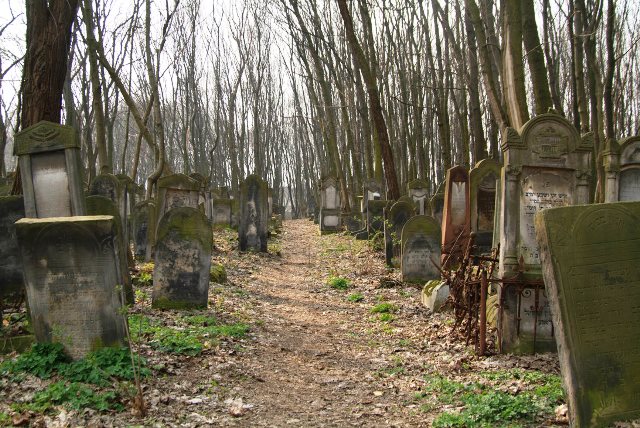In this post, I will make a presentation on types of properties exempted by law from paying property rates. The subject of properties exempted from property rates payments is one I’ve been working on over a few weeks now. Somehow, I got a push to publish it now, after I received a phone call on the subject, on Tuesday, March 29, 2016.
The phone call came from a gentleman who lives in one of the districts of Ashanti Region, and he asked me if a church is required to pay property rates. At the time the call came, coincidentally, I had gone to the head office Accra Metropolitan Assembly on Asafoiatse Nettey Rd, for a short meeting.
I explained to the caller what the law says in respect of a church and property rates payments. At the end of our interaction, we were both happy: he was grateful for a very helpful answer, and I was glad my writing has solved somebody’s problem.
In fact, I believe a good write up on the subject will be helpful to my readers and others. So, here’s what I’ve put together for those who need to know. It’s part of education I’ve given to rate-payers on several occasions working on property rates in Ghana’s biggest metropolitan assembly.
Clearly, Section 99 of the Local Government Act, 1993, [Act 462] spells out the types of properties exempt from payment of property rates as follows:
(a)Â the premises appropriated exclusively for the purpose of public worship and registered with the District Assembly;
(b)Â cemeteries and burial grounds registered with the District Assembly;
(c)Â charitable or public educational institutions registered with the District Assembly;
(d)Â premises used as public hospitals and clinics; and
(e)Â premises owned by diplomatic missions as approved by the Minister responsible for Foreign Affairs.
These are the kinds of properties exempted from paying property rates at this point in time. In the case of the church, for instance, the property that is exempted is its chapel, temple, or cathedral. It is that property which is used exclusively for the purpose of public worship. Other properties owned by the church are not part of those exempted. The non-exempted include manses, ministers’ residencies, mission houses, offices, and commercial properties and all properties other that the place of worship.
But, the law further grants some reprieve to owners or properties that have not been occupied for a certain period. The law, further down Section 99 provides that:
(4)Where it is shown to the satisfaction of the rating authority
(a)Â that premises in respect of which the owner is liable to the payment of rates have been unoccupied for a period of not less than three months in a financial year, and
(b)Â that notice has been given as required by subsection (5), the rating authority, may, on the application of the person who has paid the amount of the rate payable in respect of the premises, refund to that person the proportion of the amount paid that it may consider reasonable in the circumstances
(5) The owner of premises liable to pay rates shall notify the rating authority in writing within twenty-one days that the premises, if previously unoccupied, are occupied or, if the premises were previously occupied, that the premises are unoccupied.
(6) The owner of premises, who, having given a notice of non-occupation, fails to give notice of re-occupation required by subsection (5), commits an offence and is liable on conviction to a fine not exceeding one hundred penalty units or to a term of imprisonment not exceeding three months or to both the fine and the imprisonment.
That’s all for properties exempted from property rates payments. I hope it’s helpful to you. You may post a comment in the comment box down the page. You may call me also, should you need further explanation, or just to give a comment.
laboneexpress.com





